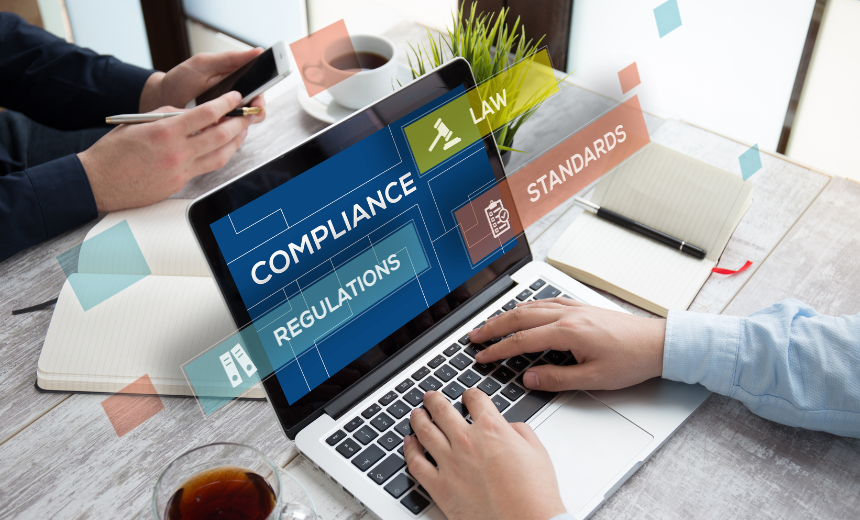How to Keep Your Business Compliant with Data Regulations in 2025
How to Keep Your Business Compliant with Data Regulations in 2025
Staying compliant isn’t just about avoiding fines—it’s about earning and maintaining the trust of your customers. Here’s how you can ensure your company remains compliant with data regulations in 2025.

1. Understand the Regulations That Apply to Your Business
The first step to staying compliant is understanding which regulations apply to your business. Data laws can vary depending on the region, industry, and the types of data you handle. Some of the most important regulations include:
- GDPR (General Data Protection Regulation) – Applies to businesses handling personal data of EU citizens, regardless of where the business is based.
- CCPA/CPRA (California Consumer Privacy Act/California Privacy Rights Act) – Governs how businesses collect, use, and share personal data from California residents.
- China’s PIPL (Personal Information Protection Law) – Sets strict rules for companies handling Chinese citizens’ personal information.
To stay compliant, you need to have a clear understanding of the data regulations in all the regions where you operate or serve customers.
2. Keep Your Privacy Policy Up to Date
Your privacy policy is one of the most important tools for compliance. It’s the document where you explain to users what data you collect, why you collect it, how it’s stored, and who it’s shared with. Regularly review and update your privacy policy to reflect any changes in your data collection practices or new regulatory requirements.
In 2025, customers expect transparency. Your privacy policy should be easy to read and understand. Avoid legal jargon or overly complex language—clarity builds trust.
3. Obtain Proper Consent for Data Collection
One of the main themes in data regulations is obtaining clear and informed consent from users before collecting or processing their personal data. This means that users need to know exactly what they’re agreeing to, and they should have the option to decline or withdraw consent easily.
Review your consent mechanisms to ensure they are compliant with the latest regulations. Make sure users actively opt into data collection (no pre-ticked boxes), and give them an easy way to manage their preferences or withdraw consent at any time.
Step 3: Achieving Compliance and Rebuilding Trust
Within six months of partnering with PriviCore, the company had successfully overhauled its data protection infrastructure and achieved compliance with GDPR, CCPA, and other regional privacy laws. The following outcomes were achieved:
- Improved Security Posture: The implementation of end-to-end encryption and role-based access controls drastically reduced the risk of a data breach. Regular audits ensured that these measures remained effective as the company continued to grow.
- Restored Customer Confidence: The company proactively communicated the changes to its customers, reassuring them of its commitment to protecting their data. This transparency, combined with stronger security measures, helped rebuild trust and loyalty, resulting in improved customer retention.
4. Strengthen Data Security
Data regulations are closely tied to data security. Businesses are responsible for ensuring that personal data is protected from unauthorized access, breaches, and leaks. Failing to safeguard data can lead to regulatory penalties as well as damage to your reputation.
In 2025, security standards will be higher than ever. Make sure your business is using up-to-date encryption methods, multi-factor authentication, and other security measures. Regularly review your security protocols, and consider conducting an audit to identify any vulnerabilities.
5. Implement Data Minimization Practices
Data minimization is the practice of collecting only the data you need and no more. Regulations like GDPR stress the importance of minimizing the amount of personal data you handle. The more data you collect, the more responsibility you take on for protecting it.
Look at your data collection practices—are you collecting more data than necessary? If so, it’s time to scale back. Only collect the data that’s essential for your operations, and ensure you have a valid reason for storing it.